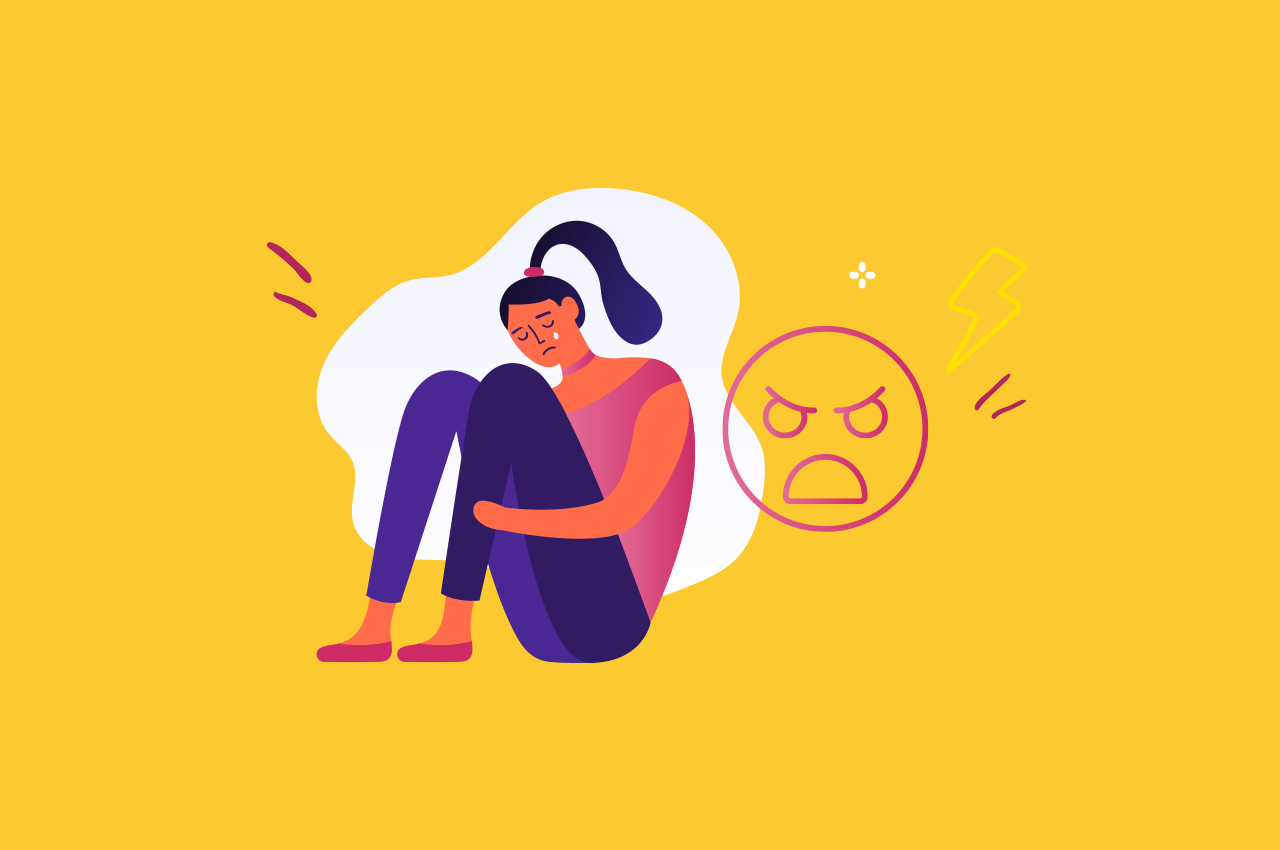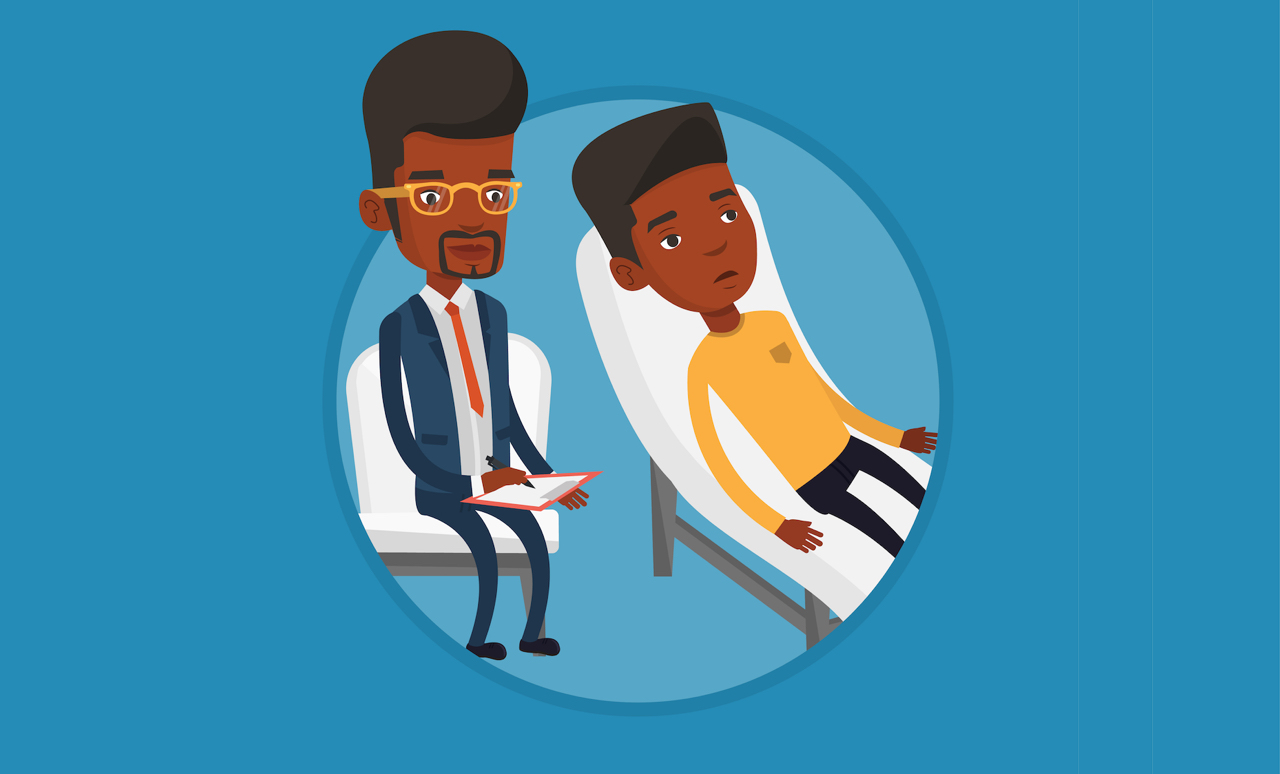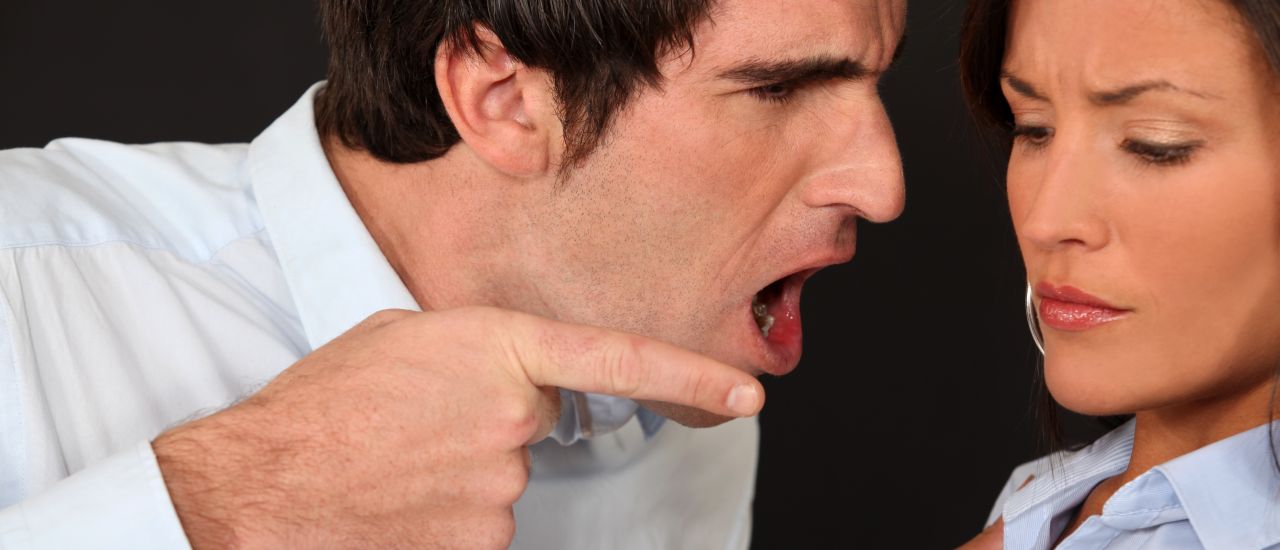Not all abuse is physical. It may be easier to see the bruises to someone’s face, arms and legs, but the wounds dealt to someone’s heart is just as real – and can be worse.
Unfortunately, lockdown, where family members were stuck at home 24/7, has led to an escalation of physical and emotional abuse. Sadly, many abusive relationships start ‘normal’, with a lot of romance. After abuse couples might even have ‘good times’ when they both convince themselves that the violence is over. But just because there’s no storm raging ‘right now’, that doesn’t mean that it won’t come back when the doors close.
Before we can find support for abuse, we need to recognise it:
Recognising emotional abuse
If you think you may be in an abusive relationship, consider asking yourself these questions. If many of these are true for you, it may be time to seek help!
- You feel afraid to make decisions, bring up certain subjects, or contradict your partner because they quickly become angry.
- You’re afraid to break up with them because they make or hint at threats – you feel like you’re walking on eggshells all the time.
- You feel ‘boxed-in’, and you have to check-in or account for your whereabouts all the time
- You tell yourself that if you just try a little harder, and love your partner more, that things will get better
- You find yourself worrying about how to keep your partner happy, even if you aren’t comfortable trying to do it.
- The abuse (verbal, emotional, or physical) is getting worse over time, and your partner threatens to physically harm you, and/or follows through on their threats.
- You’re being cut off from family and friends more and more, because your partner doesn’t want you to have contact with them. They dictate when and where you can see them.
- You’re denied access to your own money, or the family’s money – money is used to control and manipulate you
- You partner makes decisions about where to go, or what to do, without first consulting you.
- Your partner belittles or humiliates you, when the two of you are alone or even in public.
- You are having sex that is forced or is rougher than you prefer.
- If you raise any of your concerns, your partner acts like the abuse is nothing, minimises it, or tells you that you’re crazy.
- You feel intimidated by your partner when they hit something, abuse pets, brandish weapons, or verbally threaten you.
- Your partner routinely looks through your internet history, your phone’s contacts, texts, and recent call lists.
Why do abused people stay?
It can be very hard for victims of emotional, and even physical abuse, to escape. They may believe that they have nowhere else to go. They may have so little faith in their own ability that they don’t think they can ‘make it on their own’. Their partner may threaten them with extortion, exposure, further abuse or even death, if they do want to leave. For many there is a fear of being alone that is greater than being in an abusive relationship.
Long-term abuse is similar to a form of brainwashing where the abused can eventually develop a warped sense of reality. This needs support and guidance to heal and recover.
Don’t try and go it alone
If you, or someone you know, is caught in an abusive relationship, do not think you can go at it alone. We all need support – there is no shame in reaching out. If you suspect that you’re being emotionally abused, it’s time to act.
- Don’t blame yourself. Emotional abuse undermines your self-esteem. It’s easy to blame yourself for what you’re going through. Understand that you aren’t the problem. Also, understand that you can’t “fix” your partner. You can’t control their actions, but you can control your response.
- Get support. Being silent simply gives the abuser more power. Speak up and get help. Talk to a close friend, family member, or counsellor. Take time away from the person and spend time with those who support and love you. This will make you feel less alone and provide you with a more objective perspective from those who aren’t directly involved. Try to see it from the outside looking in. You may not be able to identify your partner’s abusive behaviour when you’ve become so used to it.
- Establish boundaries. Once you have your support system and feel stronger, it’s time to face the abuser. Draw lines in the sand by telling them that they can’t insult, yell, or be rude to you any longer. Tell them what the consequences of their actions will be. And then, act. If they insult you, walk out of the room. It’s important to stick to your boundaries. If you don’t, they won’t take you seriously.
- Plan your exit. If your partner isn’t prepared to make a change, it’s time to leave. Being emotionally abused will affect your mental and physical health in the long run. Discuss your thoughts and ideas for an exit plan with someone you trust and stick to your decision. In the meantime, don’t communicate with the abuser, or engage at all. It will only set you up for more heartache.
Resources:
- For more information visit POWA – an organisation who supports women and children who have suffered domestic violence.
- In South Africa, there are organisations that can help you work through emotional abuse. FAMSA (the Family and Marriage Association of SA) is an organisation that provides counselling and education to help improve relationships and families. There are offices around the country. Website: famsawc.org.za, Phone number: 011 975 7106/7








